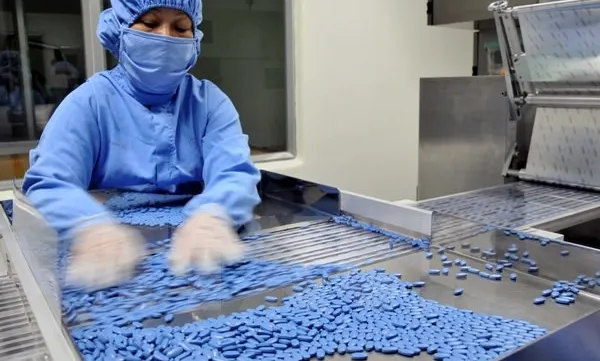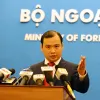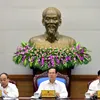How might the TPP impact Vietnamese pharma?

The TPP currently includes Vietnam, the US and the 10 other Pacific Rim countries of Brunei, Chile, Singapore, New Zealand, Australia, Canada, Japan, Malaysia, Mexico and Peru, while other countries have recently expressed interest in joining.
The mega trade deal, perceived to be a counterweight to China’s growing global economic clout, has yet to be ratified by Vietnam, the US or the legislatures of the remaining 10 TPP countries.
Vietnam like the other TPP countries is in a zone of uncertainty about the shape of the proposed trade deal as intellectual property rights (IPR) among other issues have become a key point of contention.
Implications for pharmaceuticals
Some health advocates as well as many public interest groups argue that the deal extends protection of IPR beyond current international requirements and also serve to delay the entrance of generic competition for life-saving medicines.
It also keeps drug prices higher than they otherwise would be.
Those opposed to the trade accord continue to raise the argument that the proposed deal would negatively impact the production of low-cost affordable generic drugs in Vietnam as well as the other TPP countries.
Public interest groups across the globe say the TPP could raise the price of medicines further and hand over a lot of power to multinational companies at the cost of consumers.
In a country like Vietnam, where most people pay for their own medical treatment and where payment for medicines is a sensitive issue, questions are being raised about what will happen if essential drugs become much more expensive as a consequence of the deal.
Activists argue that by signing on to the free trade deal, Vietnam would subject itself to a more stringent IPR regime that extends well beyond the 1994 World Trade Organisation Agreement (WTO) on Trade-Related Aspects of Intellectual Property Rights (TRIPS).

They say Vietnam would lose the ‘flexibilities’ and safeguards that TRIPS provides if the TPP were to be ratified and become a reality.
Referred to as ‘TRIPS-plus’, these expanded IPR provisions go beyond what is required by the TRIPS agreement and include patent linkage, data exclusivity, lower patentability criteria, as well as other measures.
Biologic drugs and data exclusivity
Take the case of biologic drugs, a major bone of contention during the TPP negotiations. Biologics are expensive medicines made from biological sources (living organisms).
Many pharmaceutical companies are now developing ‘biosimilars’ or less costly copies of the original drugs. Biosimilars are less expensive because their manufacturers can usually rely on data from clinical trials submitted by the maker of the original biologic.
The concern is about ‘Trips Plus’ provisions being applied to exports of TPP member countries, which would lead to a delay in the entry of generic drugs into the global marketplace.
Data exclusivity has been a prickly issue in the TPP negotiations because generic drug makers rely on the clinical trial data provided by the originator company to show that its drug is safe and effective.
But if data exclusivity were to be put in place, the originator company’s clinical trial data would be protected and generic producers (such as those in Vietnam) would have to submit their own safety and efficacy data to register their medicines.
This would mean they would have to conduct clinical trials on their own. That is an expensive and time-consuming exercise, which would undoubtedly drive up the price of drugs across the board.
Debating the ‘TPP effect’
The TPP is also viewed in Vietnam as a deal that could potentially affect the Regional Comprehensive Economic Partnership (RCEP).
The RCEP is being negotiated between the 10 ASEAN countries and their six free trade agreement partners: Australia, China, India, Japan, New Zealand, and the Republic of Korea (RoK).
Seven of the 16 RCEP countries, including Japan, have agreed to the intellectual property standards of the TPP, confirming activists concerns regarding the TPP’s standards on IPR creeping into the RCEP negotiations.
The full implications of the TPP deal for Vietnamese pharma companies will only be fully understood when the full TTP agreement text is released and made public.
Vietnam needs to engage with the debate on the issue of the TPP trade deal and public interest because ultimately the country will need a political consensus on the trade-offs.
Meanwhile, it must begin to think and act strategically in order to gain from the changing trading system in the global economy.
Tags:





